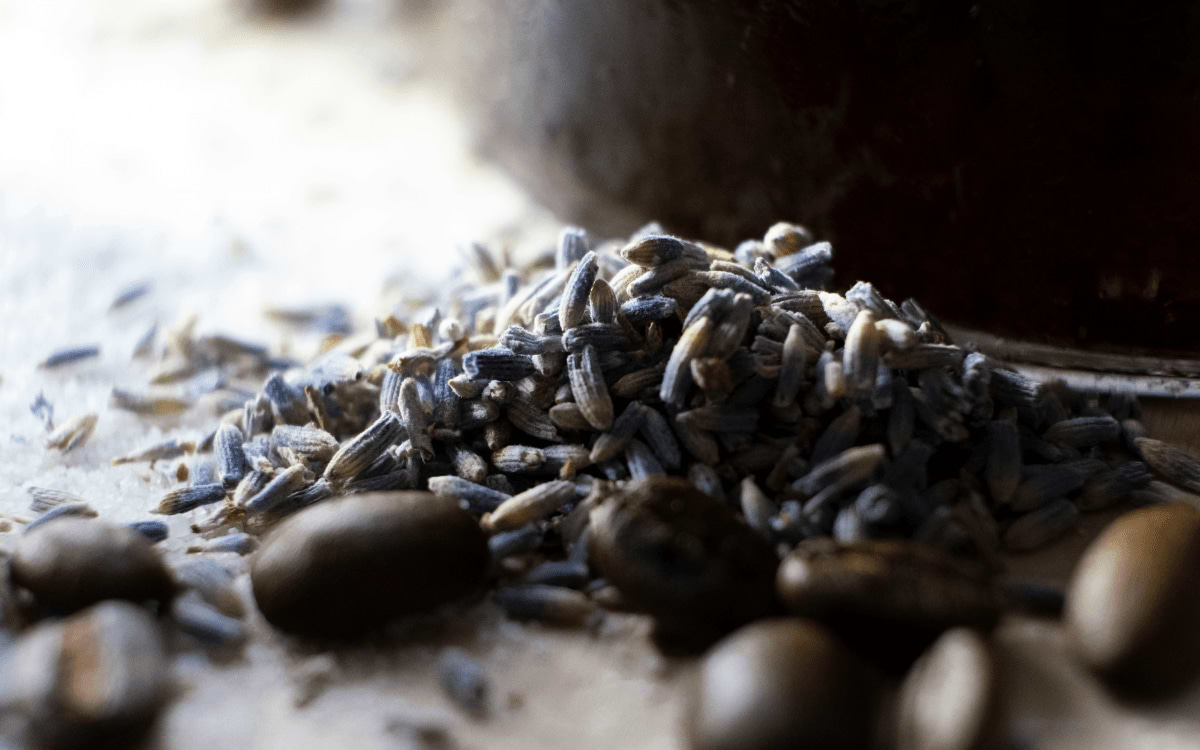Flax seeds are often considered a superfood due to their numerous health benefits. Whether you're looking to improve digestion, boost your omega-3 intake, or simply add a nutritious touch to your diet, flax seeds are an excellent choice. This article provides all the information you need to incorporate flax seeds into your daily routine.
Types of Flax Seeds
Flax seeds come in two main varieties: brown flax seeds and golden flax seeds. While they are similar in nutritional composition, there are some notable differences.
Brown Flax Seeds
Brown flax seeds are the most widely available and are known for their high fiber and omega-3 content. They have a slightly nutty, sometimes spicy flavor that pairs well with many dishes.
Golden Flax Seeds
Golden flax seeds, on the other hand, are often considered to have a milder and lighter flavor than their brown counterparts. They also contain a high concentration of beneficial nutrients but are sometimes preferred for their texture and subtler taste. They have slightly less fiber than brown flax seeds.
Health Benefits of Flax Seeds
Flax seeds are a nutritional powerhouse. Here are some of their key benefits:
Rich in Omega-3s
Flax seeds are one of the best plant-based sources of omega-3 fatty acids, essential for heart health. Regular consumption of flax seeds can help reduce inflammation and improve cardiovascular health, as they produce anti-inflammatory substances called prostaglandins E3. These molecules relax blood vessels and thin the blood. Omega-3s are also vital for cellular health, the nervous system, and may prevent breast and prostate cancer.
High in Fiber
The high fiber content of flax seeds aids digestion and prevents constipation. The soluble fiber in flax seeds can also help regulate blood sugar levels and lower cholesterol, supporting overall digestive health.
Source of Lignans
Lignans are plant compounds with antioxidant and anti-estrogenic properties. Flax seeds contain up to 800 times more lignans than other plant-based foods, which can help reduce the risk of certain cancers, such as breast cancer. They also have a positive effect on reducing menopause symptoms in women.
Protein Source
Flax seeds are a good source of plant-based protein, making them an ideal supplement for vegetarian and vegan diets. These proteins help repair and build body tissues and provide essential amino acids.
Skin Benefits
Flax seeds are not only beneficial internally but also for the skin. Flaxseed oil, extracted from flax seeds, is rich in omega-3s that help hydrate the skin and reduce inflammation. Applying flaxseed oil can aid in treating conditions like eczema and rosacea.
How to Consume Flax Seeds
To fully enjoy the benefits of flax seeds, it's essential to know how to consume them properly.
Ground Flax Seeds
Ground flax seeds are easier to digest than whole seeds, as the body can better absorb their nutrients. You can purchase pre-ground flax seeds or grind them yourself using a coffee grinder. It's important to note that flax seeds must be ground to unlock their benefits; otherwise, they pass through the digestive system without being absorbed.
Avoid Heating Flax Seeds
Avoid heating flax seeds as this can oxidize the valuable omega-3s, reducing their effectiveness. It's best to add ground flax seeds to cold or warm dishes to preserve their nutritional value.
Incorporating Flax Seeds into Your Diet
There are many ways to add flax seeds to your daily diet:
- Blend them into smoothies for an extra nutritional boost.
- Sprinkle them on cereal, yogurt, or salads.
- Mix them into baked goods like muffins, bread, and cakes (avoid sprinkling them on top as they may roast).
- Use them as an egg substitute in vegan recipes (1 tablespoon of ground flaxseed + 3 tablespoons of water = 1 egg).
- Add them to sauces for extra texture and flavor.
How to Store Flax Seeds
Proper storage is crucial to maintaining the freshness and nutritional benefits of flax seeds.
Whole Flax Seeds
Whole flax seeds can be stored at room temperature in an airtight container, away from light and moisture. They generally last up to a year, ensuring they retain their nutritional properties and taste.
Ground Flax Seeds
Ground flax seeds are more prone to oxidation and should be stored in the refrigerator or freezer in an airtight container. They typically last about three months in the fridge and up to six months in the freezer.
Conclusion
Flax seeds are a versatile and nutritious addition to any diet. By choosing the right variety, consuming them ground, and storing them properly, you can maximize their health benefits. Whether you're looking to improve digestion, boost your omega-3 intake, or simply enrich your meals, flax seeds are a simple and effective solution.
FAQ
1. Can flax seeds help with weight loss?
Yes, thanks to their high fiber content, flax seeds can increase the feeling of fullness and help regulate appetite, which may contribute to weight loss. Additionally, the omega-3 fatty acids in flax seeds can have a beneficial effect on metabolism.
2. How much flax seed should I consume daily?
It is generally recommended to consume 1 to 2 tablespoons of ground flax seeds per day to enjoy their benefits. This amount can vary depending on individual needs and the advice of a nutritionist.
3. Can I heat flax seeds?
No, it is best not to heat flax seeds, as heat can oxidize the omega-3s they contain, reducing their health benefits. Instead, add them to cold or warm dishes to retain their nutritional value.
4. Are there any side effects of consuming flax seeds?
When consumed in moderation, flax seeds are generally safe. However, excessive consumption can cause bloating, gas, or diarrhea. If you experience unusual symptoms after eating flax seeds, consult a healthcare professional.
5. Can children consume flax seeds?
Yes, children can consume flax seeds. It’s best to introduce them gradually into their diet and ensure they are ground for easier digestion. Flax seeds can be a great nutritional addition for children, especially for improving digestion and boosting essential nutrient intake.
